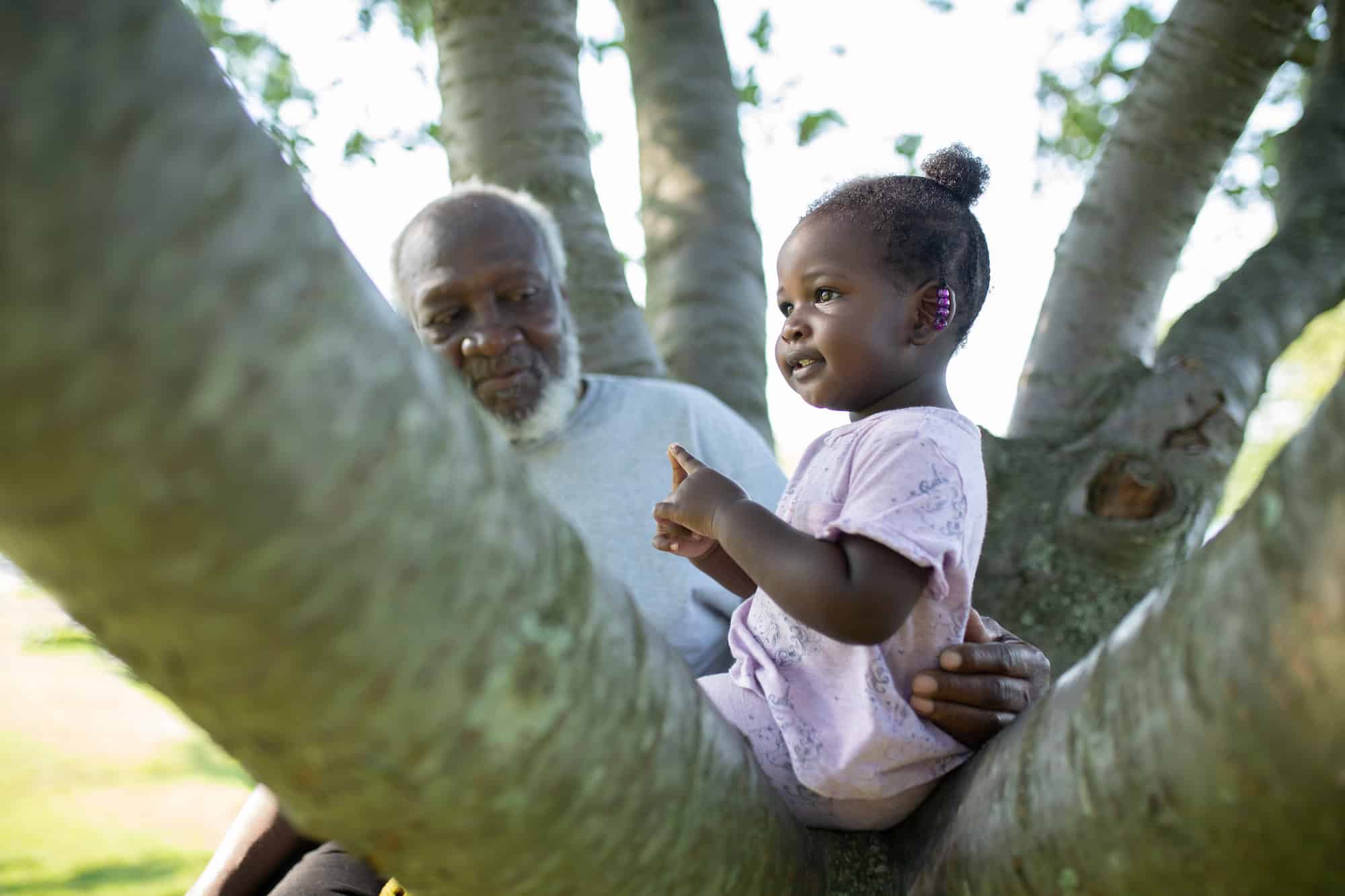Who Needs Safe Ministry Training? A Guide for Australian Churches
Navigating Safe Ministry Requirements for Your Team

“Do all our volunteers really need safe ministry training?” It’s one of the most common questions we hear from church leaders across Australia. With limited time and resources, knowing exactly who needs training—and at what level—can feel like navigating a maze.
At Safe Ministry Check, we’ve worked with hundreds of churches facing this exact challenge. The truth is, creating safe spaces isn’t just about ticking compliance boxes—it’s about equipping your people with the right skills and knowledge to protect the vulnerable members of your community.
Let’s break down who needs safe ministry training in practical, straightforward terms.
Understanding Why Safe Ministry Training Matters
Before we dive into specific roles, let’s talk about why identifying training needs is so crucial for your church:
When a parent drops their child off at your youth program, they’re placing enormous trust in your team. When an elderly person shares sensitive information with a pastoral care volunteer, they’re assuming that person knows how to handle that information appropriately.
Safe ministry training ensures this trust isn’t misplaced.
Beyond the moral imperative, Australian churches have legal obligations that vary by state. Whether you’re in NSW with the Office of the Children’s Guardian standards or Victoria with its 11 ChildSafe Standards, properly training your team isn’t optional—it’s essential.

Who Needs Safe Ministry Training? The Essential List
We’ve found that churches thrive when they apply this simple principle: anyone in a position of trust should receive appropriate safe ministry training.
Based on our experience supporting churches nationwide, here’s who needs training:
Must-Have Training Roles:
- Senior leadership team (pastors, ministers, priests)
- Children’s ministry workers (Sunday School teachers, creche helpers)
- Youth leaders and helpers (including camp counselors and event staff)
- Small group and Bible study leaders
- Board members, elders, and church councillors
- Music team and worship leaders
- Welcome team and ushers
- Pastoral care visitors
We’ve often heard church leaders tell us something like this: “We initially thought only our children’s workers needed training, but realised many more of our teams can benefit from understanding safe ministry principles. It’s transformed our culture.”
What About Occasional Volunteers?
We often get asked about people who serve infrequently—the Christmas event helper or the person who steps in once a month with children’s church.
Our recommendation? If someone will:
- Have direct contact with children or vulnerable adults
- Be perceived as representing your church
- Make decisions affecting others’ wellbeing
…then yes, they need at least basic safe ministry training.
Remember: A single interaction can have lasting impact, whether positive or negative.
Different Roles Need Different Training Levels
Not everyone needs the same depth of training. We’ve developed a tiered approach that many churches find helpful:
Level 1: Safe Members
Perfect for: General congregation members and occasional helpers Covers: Basic safety awareness, reporting pathways, and appropriate boundaries
Level 2: Safe Volunteers and Leaders
Perfect for: Regular ministry volunteers and team members Covers: Recognising warning signs, handling disclosures, and creating safe environments
Level 3: Safe Team Leaders
Perfect for: Ministry coordinators and program directors Covers: Supervising others, managing risks, and implementing safety protocols
Level 4: Safe Staff and Board Members
Perfect for: Senior leadership and governance roles Covers: Policy development, compliance responsibilities, and organisational culture
This approach ensures everyone gets what they need without overwhelming those in simpler roles with information that doesn’t apply to them.
Navigating State-Specific Requirements
We’ve helped churches in every Australian state implement effective training programs. Here’s what you need to know about regional differences:
New South Wales
Churches must ensure all child-related workers understand and implement the 10 ChildSafe Standards. Documentation of training is essential.
Victoria
The Commission for Children and Young People requires all volunteers and staff to be trained in line with the state’s 11 ChildSafe Standards.
Queensland
While the Blue Card system forms the backbone of screening, churches are expected to provide role-appropriate training as part of their risk management strategy.
South Australia
Churches must submit compliance statements that include details of training programs for staff and volunteers.
Western Australia, Tasmania, ACT and Northern Territory
While requirements vary, denominations typically expect all churches to implement comprehensive safe ministry training regardless of state legislation.
Perth-based ministry coordinators have shared with us that understanding their state’s specific requirements was a game-changer. As a result they’ve been able to tailor their approach while still maintaining a high standard across all our teams.
Making Smart Decisions About Who Needs Training
If you’re still unsure about specific roles in your church, here are three questions we recommend asking:
- Could this person be approached by someone needing help or reporting a concern?
- Does this role involve making decisions that affect others’ wellbeing or safety?
- Would a visitor or new person reasonably view this person as a representative of our church?
If the answer to any of these is “yes,” safe ministry training is appropriate.
How We Make Training Accessible for Everyone

We understand that churches come in all shapes and sizes—from tiny rural congregations to sprawling urban campuses. That’s why we’ve designed our safe ministry training platform to be:
- Flexible: Assign different training levels based on differential roles and responsibilities
- Trackable: Monitor completion and renewal dates automatically
- Accessible: Online modules that work around busy schedules
- Practical: Real-world scenarios that apply to church contexts
“The ability to assign different training levels to different teams has been invaluable,” one church administrator told us. “Our senior pastor needs comprehensive training, while our tea and coffee servers need awareness-level information. Your system lets us tailor that perfectly.”
Ready to Equip Your Church Team?
Knowing who needs safe ministry training is just the first step—implementing it effectively is where many churches need support.
Requirements vary across Australia, so get to understand the expectations for your location by reading our Safe Ministry Training Requirements Across Australia: State-by-State Guide. You can also read our guide for how to introduce safe ministry training into your church.
Start your free 3-month trial today, or book a personal walkthrough where we can answer your specific questions about who needs training in your church context.
Creating safer churches isn’t just about compliance—it’s about cultivating communities where everyone can flourish. Let’s work together to make that vision a reality for your church.
